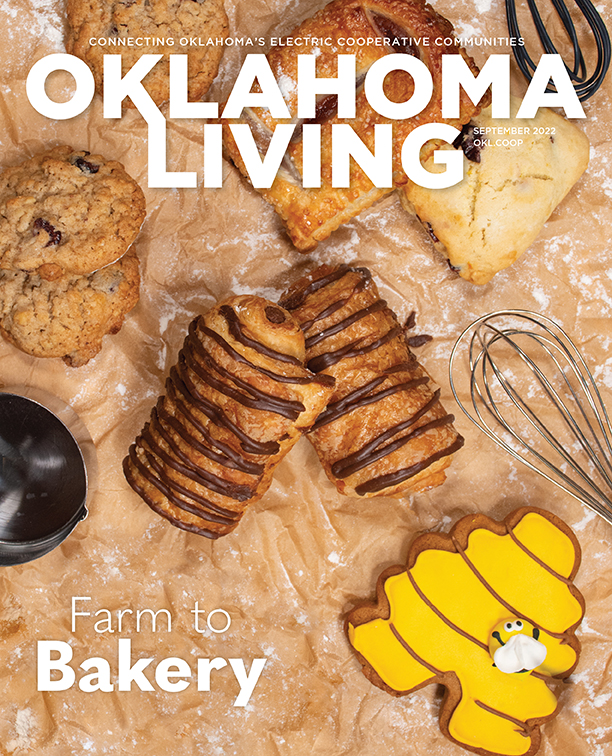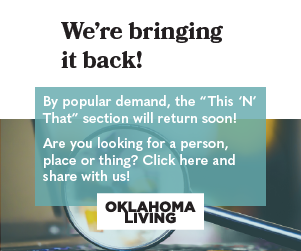Prioritizing Mental Health in the New Year

A new year brings with it a sense of rebirth. It is no wonder that health and weight loss advertisements are usually flooding social and traditional media outlets. Don’t get me wrong, leading a healthy lifestyle is important but there is more to health than physical health.
A new year brings with it a sense of rebirth. It is no wonder that health and weight loss advertisements are usually flooding social and traditional media outlets. Don’t get me wrong, leading a healthy lifestyle is important but there is more to health than physical health.
Our mental health impacts our physical health. For centuries, mental illness has carried a stigma. Most of us grew up in environments where we were told to ‘get it together.’ But what happens when we can’t? What happens when we are faced with tremendous grief, loss, or a life-changing crisis?
Mental illness is a broad umbrella term that encompasses multiple groups of diseases. The Diagnostic and Statistical Manual of Mental Health Disorders 5 (DSM-5) has broad categories for mental illnesses: anxiety disorders, bipolar and related disorders, depressive disorders, feeding and eating disorders, obsessive-compulsive disorders, and personality disorders to name a few.
Some of you reading this may have personally experienced a great deal of loss through the pandemic. And that loss was likely further compounded because of the isolation measures set in place. Grief is not static and often feels like a roller coaster.
In the following sections we will discuss some self-care strategies as well as ways to engage with members of your circle of friends and healthcare providers.
Prayer/Meditation
Prayer and meditation transcend religions and belief systems. Prayer is a very personal act and varies based on someone’s religious background. Irrespective of how it is practiced, prayer is rooted in the belief that there is a power greater than oneself. Prayer allows for a relaxation response along with releasing control to something greater than oneself thus allowing for lower stress levels and anxiety. Through meditation someone can slow down, reflect, and focus on the present. Mindfulness-Based Stress Reduction (MBSR) can be incorporated in a comprehensive mental health treatment plan.
Practicing Gratitude
Practicing gratitude allows us to reflect on the good things in our lives. Keeping a gratitude journal is an easy way to remember we already have instead of what we lack. You can also exercise gratitude by thanking those around even for small acts of kindness. Parents can often help their children practice gratitude by asking them what they are grateful for.
Talking to a Trusted Person
According to the US Census Bureau, 58 out 77 counties in Oklahoma are listed as rural. Our communities are well-aware of what it takes to raise cattle, wheat, and cotton to name a few. Likewise cultivating a support system is not easy, but it is worth it. These are the people who will walk alongside you and you have developed a strong bond to; they have a good understanding of who you are along with your goals, beliefs, and aspirations. They are likely to notice subtle changes in your behavior or red flags that other people might not. It is important to keep an open line of communication with this group especially during a difficult time.
Seeking Help
There are issues that go beyond the previous interventions discussed above. Some cases require professional attention. It is important to keep an open dialog with your healthcare providers. It could be as simple as setting up an appointment with your primary care team to discuss any ongoing issues. Again, let us take mental illness for what it really is. It can be as severe and life-threatening as a heart attack. If someone is having a heart attack, they should not stay home and hope that things will work out. Likewise mental illness can be just as severe. Some people can get better after undergoing treatment in a clinic setting whereas others require a hospital admission for inpatient treatment.
The strategies discussed above are certainly not comprehensive. Coping strategies and treatment plans should be individualized based on a person’s needs. It is important to lean on your support system and healthcare team. I wish you a rich and fulfilling new year Oklahoma. May we, as a state, reach for the back burner and prioritize our mental health in 2022.
Dr. Gabriel Vidal is a board-certified internist who is currently pursuing further training in oncology at the Stephenson Cancer Center at University of Oklahoma Health Sciences Center.
Sign up for our Oklahoma Living Newsletter



